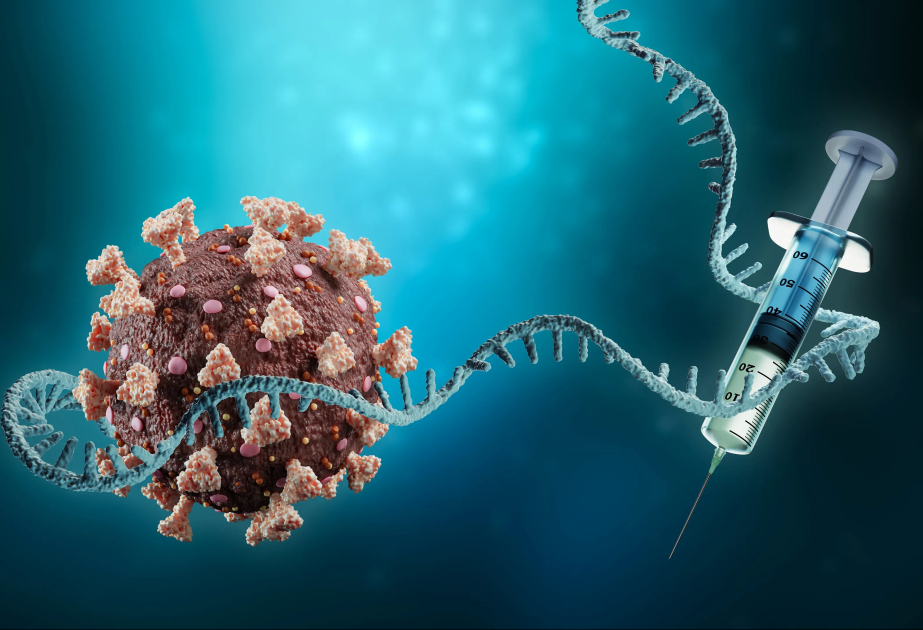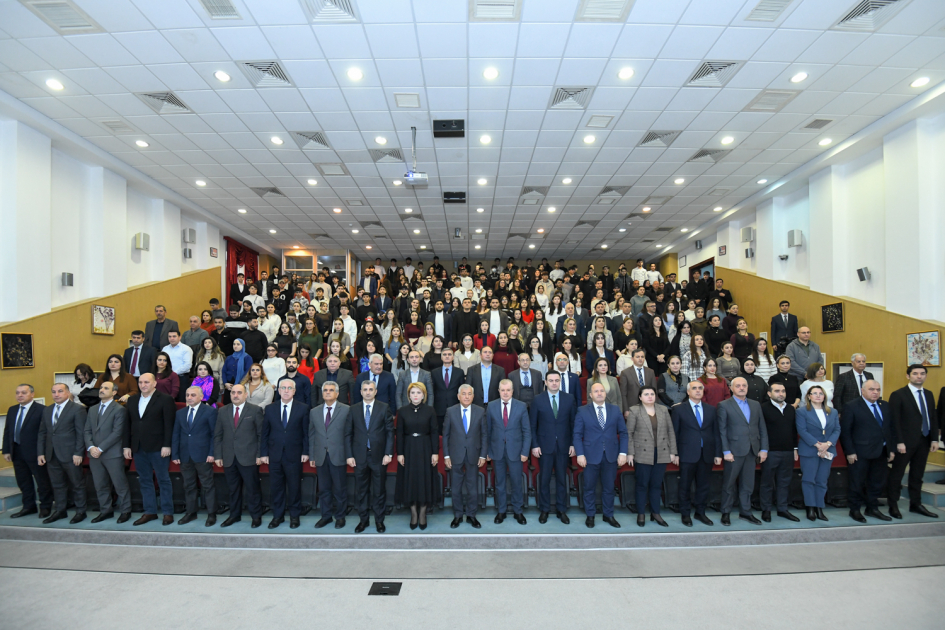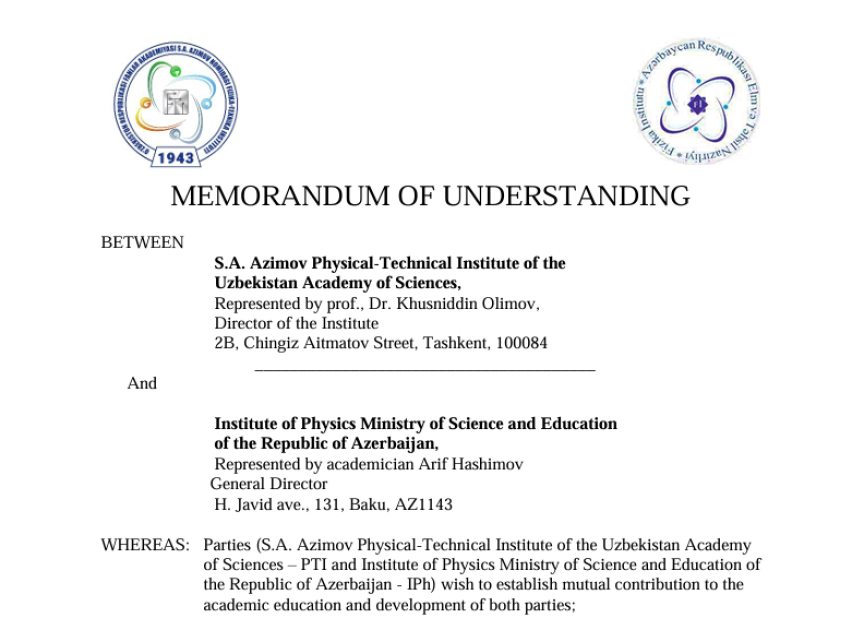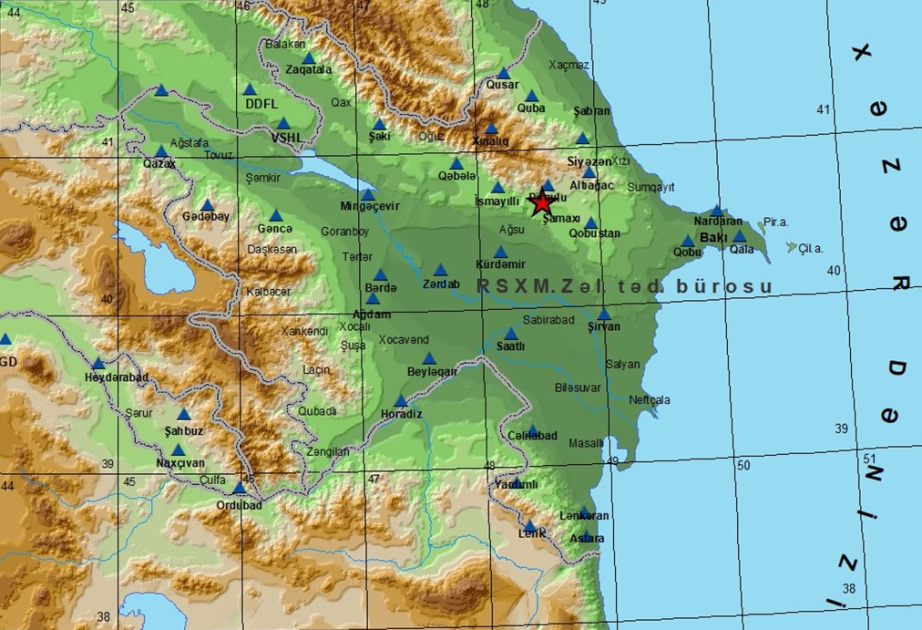University of Florida (UF) scientists have developed a groundbreaking mRNA vaccine capable of activating the immune system to destroy various types of tumors, offering hope for a universal cancer treatment, Kazinform News Agency reports.
The experimental vaccine, which builds on a successful glioblastoma trial, uses mRNA technology similar to COVID-19 vaccines. However, instead of targeting viruses, it trains immune cells to recognize and attack tumors regardless of cancer type.
“This paper describes a very unexpected and exciting observation: that even a vaccine not specific to any particular tumor or virus – so long as it is an mRNA vaccine – could lead to tumor-specific effects,” said Dr. Elias Sayour, principal investigator at the UF RNA Engineering Laboratory. “This finding is a proof of concept that these vaccines potentially could be commercialized as universal cancer vaccines to sensitize the immune system against a patient’s individual tumor."
The vaccine boosts PD-L1 expression in cancer cells, making tumors more visible to immune cells and enhancing the effects of immunotherapy. In pre-clinical trials on mice with melanoma and other cancers, the vaccine cleared drug-resistant tumors without additional treatment.
“This study suggests a third emerging paradigm,” said co-author Dr. Duane Mitchell. “What we found is by using a vaccine designed not to target cancer specifically but rather to stimulate a strong immunologic response, we could elicit a very strong anticancer reaction.”
While still in the pre-clinical phase, the research paves the way for a potential “off-the-shelf” cancer vaccine, offering a universal approach to cancer immunotherapy. The findings were published in Nature Biomedical Engineering.
Earlier, it was reported that eight children have been born in the United Kingdom using a pioneering fertility technique that combines the DNA of three individuals, aimed at preventing the transmission of incurable mitochondrial diseases.

















